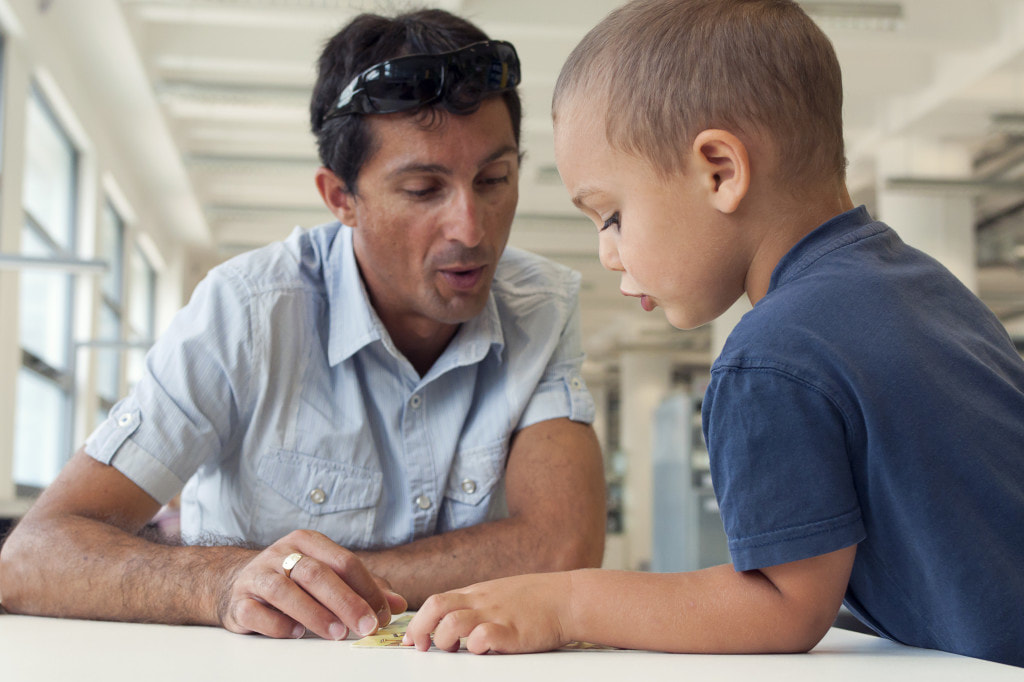|
Sometimes our language can be damaging without us even realizing it. When we are talking to someone who has an experience different than our own, it is important to be mindful of the things we say and the questions we ask. When we engage children from hard places we need to be sensitive to the words and topics that may be painful or uncomfortable for them. As psychologist and adult adoptee, Dr. Chaitra Wirta-Leiker explains, “Think about it.. An experience very personal to you suddenly becomes common knowledge, and everyone believes it’s ok to ask you questions about it or tell you how you should feel or think about it over and over and over again.” How would you feel?
What to Avoid
What to Say
What's something you've found helpful for relating to children from hard places? By Megan Magel
0 Comments
Leave a Reply. |
|
|
WHO WE ARE
|
GET INVOLVED
|
PROGRAMS
|
RESOURCES
|
QUICK LINKS
|
FOLLOW US ON SOCIAL MEDIA
Project 1.27 • 14000 E. Jewell Ave. • Aurora, CO 80012
Copyright Project 1.27 • All Rights Reserved
Copyright Project 1.27 • All Rights Reserved



